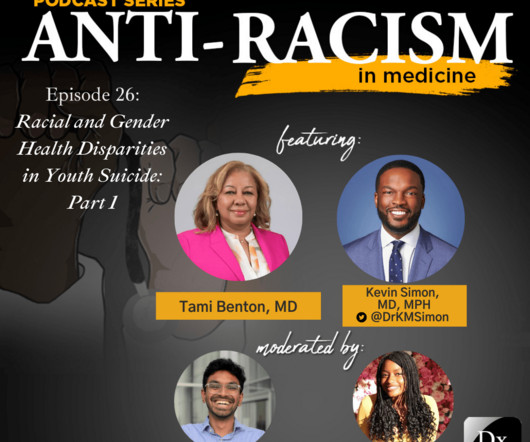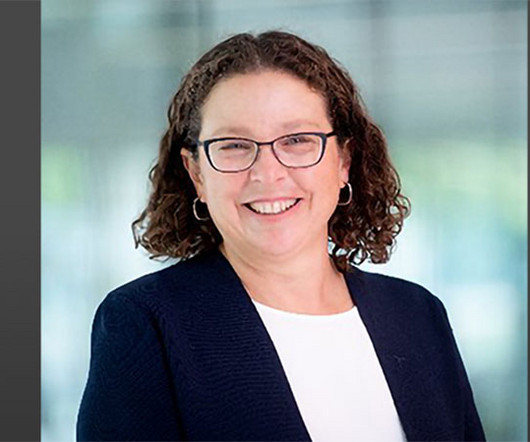Episode 384: Antiracism in Medicine – Episode 26 – Racial and Gender Health Disparities in Youth Suicide: Part 1
The Clinical Problem Solvers
MARCH 14, 2025
Benton) 13:08 Youth Suicide Crisis Discussion, “Ringing the Alarm” 20:10 Shift in Issue Framing in the Literature 24:31 The Network Begins with Primary Care 28:42 Diversifying your Outreach 30:54 Cultural Humility Speaker Biographies Dr. Tami Benton, MD , is the Frederick Allen Professor of Psychiatry at the University of Pennsylvania.













Let's personalize your content